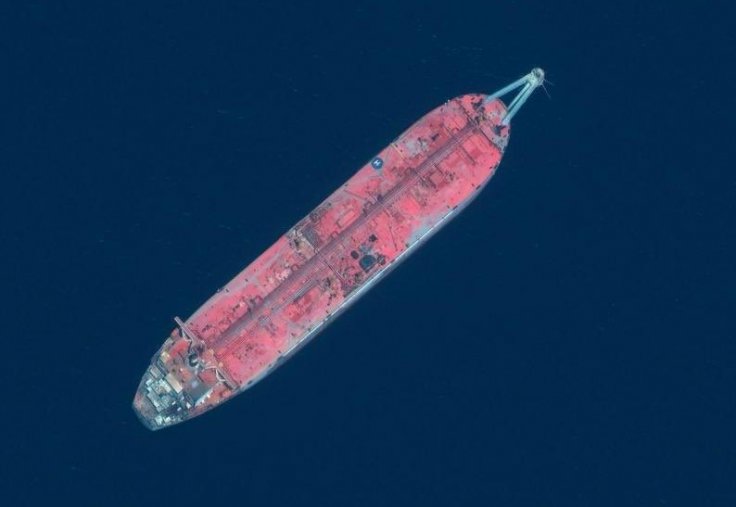The Red Sea is in serious danger of suffering a catastrophe. A tanker ship containing 1.1 million barrels of oil has been stranded off the coast of Yemen and could leak out that load into the water body. This, experts estimate, would damage the marine biology of the Red Sea and affect up to 28 million people in the lands nearby.
The tanker, called SAFER FSO, has been lying near the port of Yas Isa in war-torn Yemen since 2015. However, the situation has become much grimmer as seawater entered the engine room of the ship in May this year. If the process continues, the ship may no longer remain static or stable and the oil may start to leak into the sea.
If this happens, it would be a disaster of epic proportions. US Secretary of State Mike Pompeo has described the stranded tanker as a "ticking time bomb." The amount of oil this tanker is capable of spilling would be four times as much as what was let out off the coast of Alaska in the Exxon Valdez crisis of 1989.
Difficulties for Agencies

However, action to prevent this impending crisis is difficult owing to the raging civil war in Yemen. Last year, a group of experts from the United Nations wanted to access the vessel but weren't allowed by the Houthi rebels who are in control of nearby ports.
The reason for their intransigence may be the value of the oil. According to one estimate, it could be as high as $40 million – a huge bounty for forces in this impoverished region. In fact, the Ministry of Oil and Minerals in the Houthi-backed administration of Yemen has already approached the UN office in the country to provide protection to the tanker.
The Ministry also asked the UN to allow it to sell the oil in the tanker. However, currently, there are international sanctions against the rebels in Yemen, which means even if they access the oil, they won't be able to profit from it.
Solutions

The UN believes that the best option is to tow the ship to a safe location and offload the oil. However, first and foremost, a proper assessment is needed.
"No effort should be spared," Inger Andersen, the head of UN's environmental department said to the Security Council. She further added that what is required immediately is "a technical assessment and initial light repairs." Unfortunately, not for the first time, politics and monetary concerns may get the better of environmental necessities.









